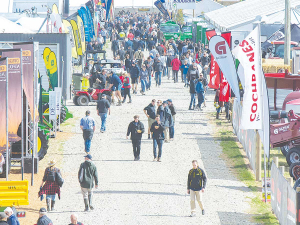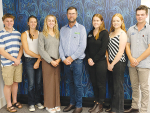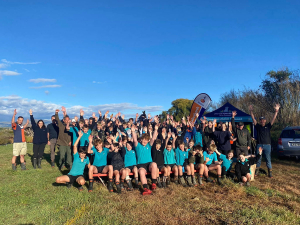SIAFD started in the 1950s as machinery demonstrations on a leased site at Lincoln.
However, the event has been held at Kirwee since they bought the site before the 2015 event.
SIAFD event chair Hayden Dorman says Kirwee is well-drained land on a shingle base.
It "gets a bit slithery on top" when wet but not like the Lincoln site, which was heavy land "where you just keep sinking."
The group initially bought 40ha at Kirwee then another 40ha, so there is room for expansion and development, but Dorman says they have yet to decide what direction to go.
There is little infrastructure on site apart from an office, a small machinery shed, basic toilet blocks, tracks, water and power.
Power lines and outlets are strategically placed across the exhibition space but with no connection to the national grid, as that would incur a daily connection fee. Instead, six or eight temporary generators are brought in to power it up at show time.
Dorman told Rural News that further developments for the site are "on our radar" but will have to be carefully chosen.
Because the site is leased to a neighbouring farmer between shows, it's not like there are other events to help pay for development, he explains.
"If we spend a lot of money we've got to look at what sort of return we get from that.
"We can build something that's worth a million bucks but are we getting a return from it?
"We do need something but we just have to decide how much we're willing to spend, so we've got to make up our minds sooner rather than later because prices of things don't keep going down."



















